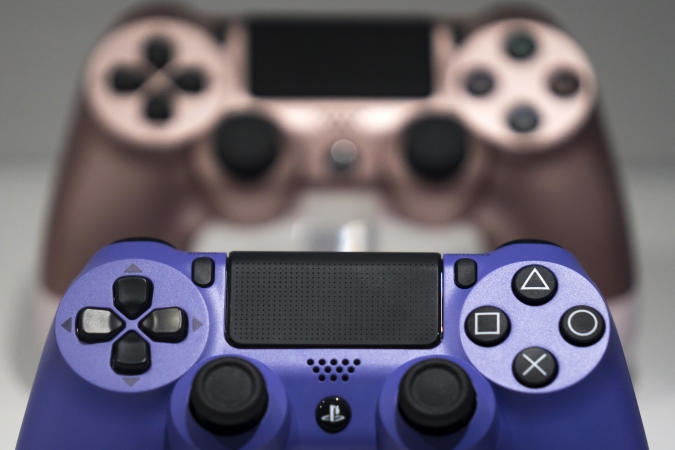Nine women accuse Sony of systemic sexism in a potential class-action lawsuit
Today, eight women joined the ongoing suit and shared their stories with the court.


In November, former PlayStation IT security analyst Emma Majo filed a lawsuit against Sony, claiming the company discriminated against women at an institutional level. Majo alleged she was fired because she spoke up about gender bias at the studio, noting she was terminated shortly after submitting a signed statement to management detailing sexism she experienced there.
Majo later filed the paperwork to turn her case into a class-action lawsuit, and just last month Sony attempted to have the whole thing thrown out, claiming her allegations were too vague to stand up to legal scrutiny. Plus, Sony’s lawyers said, no other women were stepping forward with similar claims.
Today, eight additional women joined the lawsuit against Sony. The new plaintiffs are current and former employees, and only one of them has chosen to remain anonymous. One plaintiff, Marie Harrington, worked at Sony for 17 years and eventually became a senior director of program management and chief of staff to senior VP of engineering George Cacciopo.
“When I left Sony, I told the SVP and the Director of HR Rachel Ghadban in the Rancho Bernardo office that the reason I was leaving was systemic sexism against females,” Harrington said in a court statement. “The Director of HR simply said, ‘I understand.’ She did not ask for any more information. I had spoken with the Director of HR many times before about sexism against females.”
Harrington claimed women were overlooked for promotions, and said that during annual review sessions, Sony Interactive Entertainment engineering leaders rarely discussed female employees as potential “high performers.” She said that in their April 2019 session, only four of the 70 employees under review were women, and while all of the men in this group were marked as high performers, just two of the women were.
“Further, when two of the females were discussed, managers spent time discussing the fact that they have families,” Harrington’s statement reads. “Family status was never discussed for any males.”
The remaining women shared similar stories in their statements, with the common theme being a lack of opportunity for female employees to advance and systemic favoritism toward male employees. The plaintiffs claimed male leaders at Sony made derogatory comments including, “you just need to marry rich,” and, “I find that in general, women can’t take criticism.”
One plaintiff alleged that while on a work trip to E3, her superior tricked her into having drinks with him at the hotel bar, hit on her even after she declined, and told other employees that “he was going to try to ‘hit that.'” Another plaintiff shared a story about a gender equality meeting at Sony that had a five-person panel, all of them men.
The lawsuit against Sony comes at a time of reckoning for many major video game studios, including Activision Blizzard, Ubisoft and Riot Games. Activision Blizzard is facing a lawsuit and multiple investigations into claims of institutional sexism, sexual harassment and gender discrimination, while Ubisoft has long faced similar allegations from former and current employees. Riot Games paid $100 million in December to settle a class-action lawsuit over workplace sexual harassment and discrimination.
Sony has not yet responded to the latest movement in the class-action lawsuit, though it denies Majo’s claims of gender discrimination. The company has requested the lawsuit be dismissed, and that will be decided in a hearing in April.
(23)






